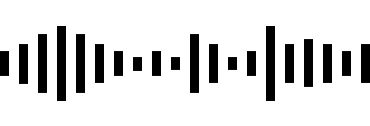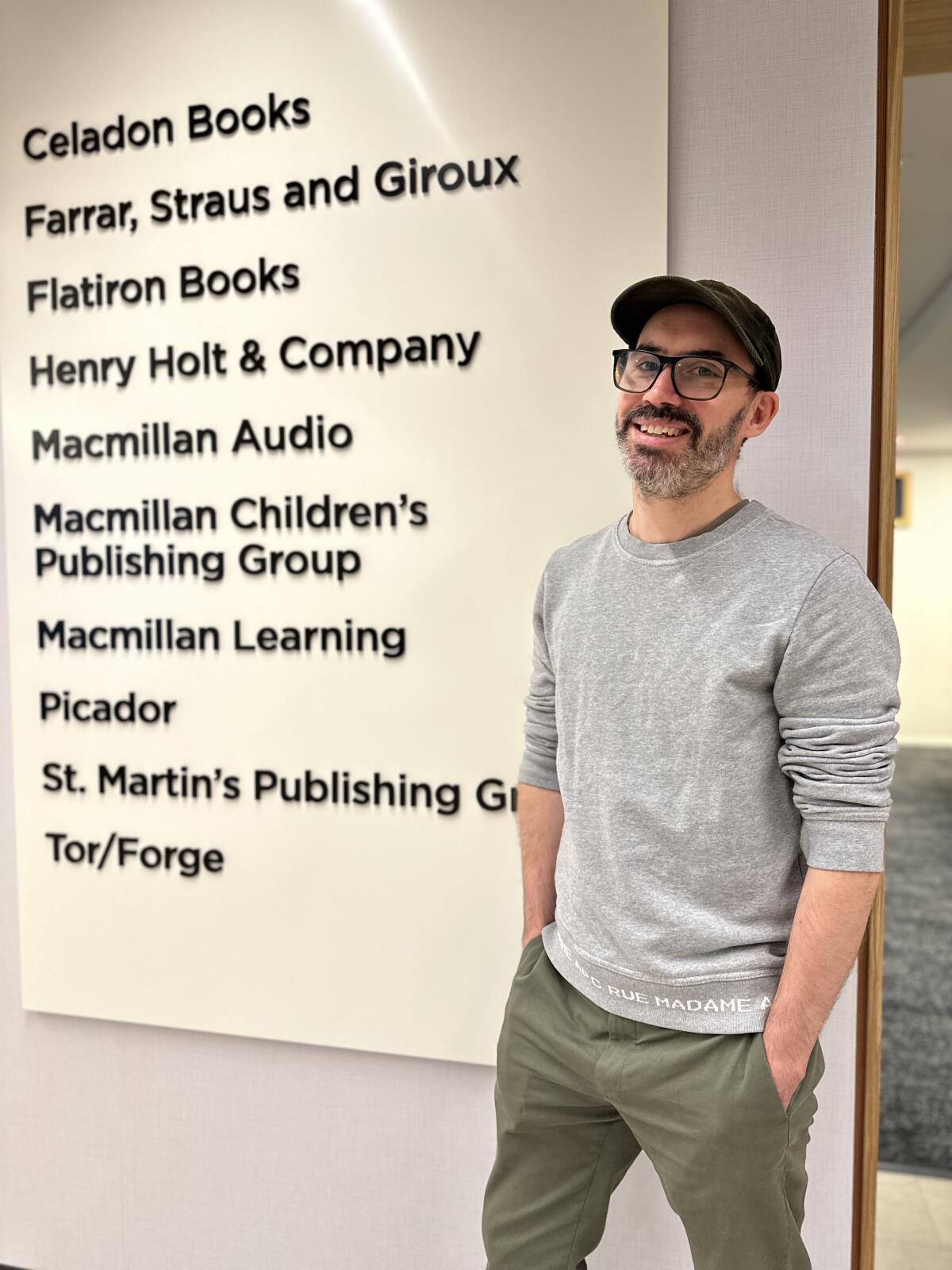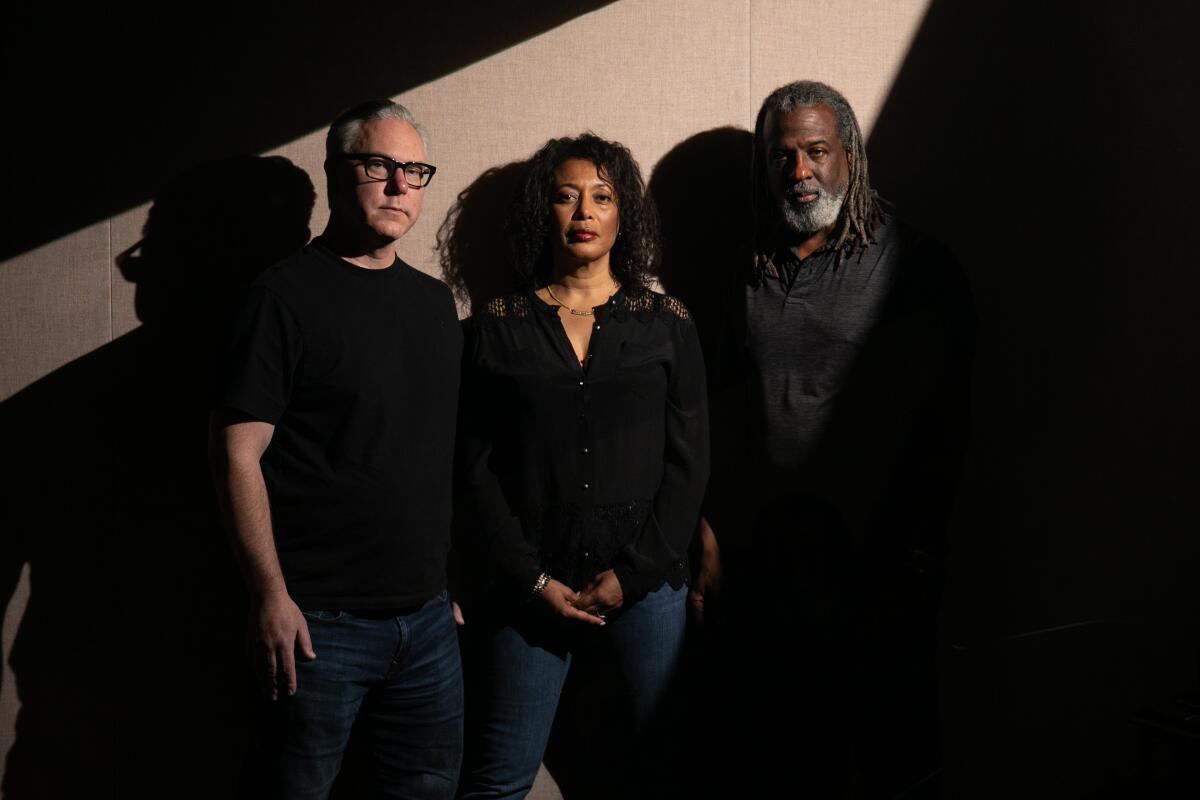Sign up for our Book Club newsletter
Get the latest news, events and more from the Los Angeles Times Book Club, and help us get L.A. reading and talking.
You may occasionally receive promotional content from the Los Angeles Times.
(Jim Cooke/Los Angeles Times, photo by Brian Bennett)
It’s the recordings you’ve got to watch out for.
This was true in the 1970s with the Nixon White House tapes. It was true in the fall with the Los Angeles City Council tapes. And now, with the federal indictment of former President Trump over mishandling of classified documents — barely a week after reports dropped of a recording of Trump blabbing about a classified military document he’d kept after leaving office — it seems to be true yet again.
But there is another set of recordings that started the domino run now threatening to topple Trump: The Jan. 6 congressional hearings, which kicked off just over a year ago, and during which a series of carefully investigated, deeply damning recordings were compiled for America’s historical record.
Like the Challenger disaster, the Oklahoma City bombing and the fall of the Twin Towers, Jan. 6 is a fixed point on this country’s timeline.
And then there was the audiobook. When it became clear that the House Select Committee to Investigate the Jan. 6 Attack on the U.S. Capitol was going to release an official report, audiobook publishers immediately understood the assignment: Getting a recording to the public as quickly as possible was going to be crucial to advancing a truthful narrative — and fighting the misinformation already out there.
But where the Jan. 6 Committee had many months to put together its evidence, the first producer to get his publisher’s 750-page edition across the finish line — and in an ambitious, multi-cast recording, no less — had a single holiday weekend.
This is how he got it done.

At 9:45 p.m. New York time, on the night of Dec. 22, 2022, Guy Oldfield got an alert: The Jan. 6 report had been released.
Most of us were able to take a breath and wait for news outlets to distill the blockbuster takeaways, but Oldfield, as head of production at Macmillan Audio, had a different remit: He had an audiobook to produce — by Christmas Eve. Fortunately, he had an A-list team. And he had a plan.
If this sounds like the start of a politically inflected heist flick, you’re not far off. The high-stakes process required careful plotting, precise coordination and contingency planning for the inevitable near-disasters. And, of course, a spreadsheet.
A series of congressional hearings about the Jan. 6, 2021, attack on the U.S. Capitol have been televised. Here’s what you need to know.
It began in March 2022, three months before the start of the hearings, when Celadon — an imprint of publishing conglomerate Macmillan — told Oldfield that “there would likely be a very, very substantial job to be made in a very short period of time,” Oldfield told The Times during a phone interview from his New York office. Congressional reports are in the public domain, meaning that any publisher could take a shot at putting out its own version. Celadon soon enlisted David Remnick, editor of the New Yorker, to write the preface to its edition.

“I was aware of the committee’s work,” Oldfield said, “so I knew that the report was likely to be substantial, that the timeline would be extremely tight and that there would be real urgency to publish” in order to beat other publishers to the punch.
As with any heist plan, Oldfield’s needed to be both quick and nimble. He also needed an elite crew of voice actors and editors to work in tandem to pull it off under less-than-ideal conditions. With the 117th Congress adjourning on Jan. 3, the whirlwind production would almost certainly come together around Christmas.
Having come up in the fast-paced, high-volume world of video news production, both Oldfield (formerly of the BBC) and his co-producer, Gordon Rothman (formerly of CBS), knew immediately what would have to come first: math.
Here, give it a go: If a skilled nonfiction narrator can record three hours of clean, edited audio a day — that’s about 27,000 words — and the Jan. 6 Committee was planning to hold at least seven public hearings that would each run two to three hours long, how many narrators would need to be persuaded, months in advance, to put themselves on stand-by during the holiday season?
Jeff Sharlet has spent decades reporting on white extremism in the U.S. He explains why his new book, ‘The Undertow,’ is not quite as alarming as it seems.
“Hang on — I’ve got it all on a grid system,” Oldfield says, the sound of tapping keys filling the line. “So we got into the granular detail and made the calculation that in the end, we would probably need nine or 10 narrators, [all with] a pedigree of narrating really strong, journalistically driven nonfiction.”
These narrators wouldn’t just have to be able to perform quickly, while sounding flawlessly unhurried; they’d also have to do so with zero advance familiarity with the text they’d be reading. Oldfield and Rothman wouldn’t be able to mete out the assignments until the report itself dropped, at which point the clock would already have started.
Planning for every contingency, the two producers also made sure to tap performers from across the country — including four in Los Angeles — to give the production team as long a window as possible, no matter what time the report eventually dropped. This proved prescient.

By the time the official alert hit that cold December night, Oldfield and Rothman were ready: The pronunciation guides were on point, the narrators had been prepped the week before, and the empty grid was just waiting to be filled in. Just three hours and a bit of spreadsheet magic later, the assignments were ready to go out. And by midnight Pacific time, L.A.-based narrator Leon Nixon — an ex-cop long accustomed to working odd hours — was awake and ready to record.
Nixon, who’d spent the hours waiting for Oldfield’s call reading through the report to scope things out, immediately started comparing what he’d been assigned to what he’d been expecting. He was spot on. “I can’t remember the chapters,” he says, but he recalls one highlight in a Trumpian voice: “The ‘I just want 11,780 votes, just one more than we have’ part, right? I blew through [that] again to just get the gestalt of it ... so once I start narrating, I can just tell the story and not have to worry about stopping.”

Gestalt in hand, Nixon then settled in for a quick nine-to-midnight nap. He was determined to get the project started off on a strong footing. “My goal was to have my portion in before everyone on the East Coast woke up,” he says. “I’m the last person you have to worry about.”
He got it done. By the time the producers arrived at work the following morning, their nine-editor team had raw tape ready to tackle. At 9 a.m., New York-based narrator LJ Ganser was in his home studio. By 11:07 a.m., so was Remnick. By 11:28 a.m., Rep. Jamie Raskin’s epilogue, recorded at the last minute from the Maryland Democrat’s office in Congress, was ready to be mastered. And by early afternoon, with early sections from the remaining narrators pouring in, the editors were rolling.
Production went so smoothly that editors were able to accommodate last-minute hiccups, including the game-time decision to add appendices. Several narrators took these on while waiting for notes on pickups (spots to re-record). And after a narrator dropped out at the last minute, project editor Jennifer Blom was able to step in and record Chapter 7 and the book’s opening and closing sections.
By the time evening rolled around, post-production was in full swing. Between 7 and 9 p.m. Eastern time, 24 sets of files, pickups and corrections were shared among the production team, editors and narrators. By 9:09 p.m., the final pickups were in. By 10:27 p.m., the tracks were being finalized. And at 12:24 a.m. Dec. 24, the whole thing was uploaded to Macmillan’s internal distribution systems.
How does Oldfield remember all of this? It was documented in his and Rothman’s meticulous grid.
Spotify said it will buy Findaway, an Ohio-based firm that distributes audiobooks, as the Swedish streaming giant continues to expand its audio offerings.
“The amount of work that they put into this thing,” exclaims Hillary Huber, another L.A.-based narrator. “I’m sure [Guy] told you about the spreadsheet? It was spectacular. Each of us would mark, ‘OK, we did this part. Your editor would mark his part. And you could go on the Google doc and see it [fill] out in real time.”
Watching a Google spreadsheet populate might sound to some like admin hell, but to Huber it was exhilarating.
“There we all were, at the same time, producing this incredibly important audiobook,” Huber said. “I’d see things get checked off and just know that we are all working toward a common goal.”

Because that’s the thing: As much as this project was a feat of high-wire audiobook production, it was also part of history.
“I felt like I was in [a show] like ‘The Newsroom,’” says Robin Eller, another voice actor in L.A. “When I wrapped for the day, I allowed myself a moment to take in the fact that I am a part of history that one day my nieces will hopefully hear about in their political science class.”
“You had this sense of, ‘Oh, this is exciting.’ Like momentum was happening as you were reading the words,” says Pasadena-based voice actor and director Eric Jason Martin. He describes the job as “doing our civic duty.”
This duty was lightened by the fact that the final report was so narrative-driven.
“This is going to be a report written for the people to be read by the people,” Oldfield remembers Rothman declaring more than once. And not just read, but listened to by the people.
“The events of Jan. 6 are extraordinary,” Oldfield says. “And I think the impact really hits home, with all those graphic details, when you hear American voices recounting it. I think that [will] resonate with any American, regardless of your political affiliations.”

At 10:30 a.m. Christmas Eve, 10 hours after he wrapped production in the wee hours, Oldfield delivered all 23 hours and 37 minutes of the final recording. It was available for purchase four days later, on Dec. 28.
Since then, a number of other bombshells have dropped. While the end game of the Jan. 6 investigation is a ways off, Trump has already been found civilly liable for sexual assault and defamation (in the E. Jean Carroll case) and been criminally indicted on separate sets of state and federal charges. (The same special counsel who investigated him over classified documents may well push for his indictment in the insurrection). And for all of it, the Jan. 6 Report set the stage.
Annette Gordon-Reed, Ayad Akhtar, Héctor Tobar, Martha Minow, David Kaye and Jonathan Rauch discuss the Jan. 6 riot and what we do about it.
At the same time, the former president has recently seen his social media accounts reinstated and popped up at a CNN town hall to further slander Carroll. And he is the Republican front-runner for the 2024 nomination on a platform of 2020 election denialism. In all the murk, it can be challenging to discern the long-term effect of any of it.
And yet, as we’re seeing everywhere from Watergate to Mar-a-Lago, much can turn on the strength of an audiotape.
Or, to quote the former president: “Isn’t that interesting? It’s so cool. You probably almost didn’t believe me, but now you believe me.”
Those recordings — you’ve gotta watch out for them.
Gunderson is a freelance TV critic and audiobibliophile based in Maryland.
Sign up for our Book Club newsletter
Get the latest news, events and more from the Los Angeles Times Book Club, and help us get L.A. reading and talking.
You may occasionally receive promotional content from the Los Angeles Times.